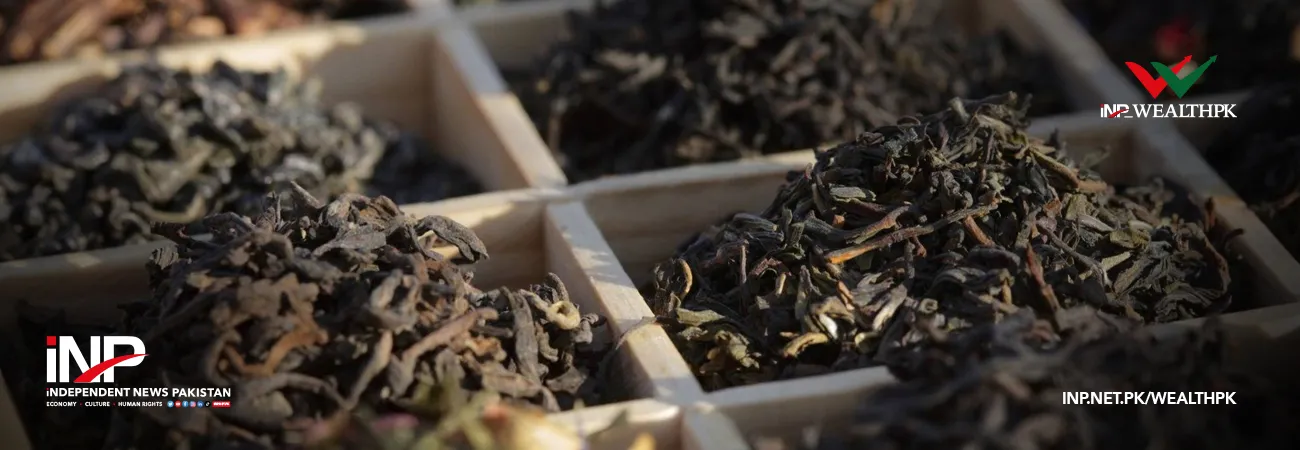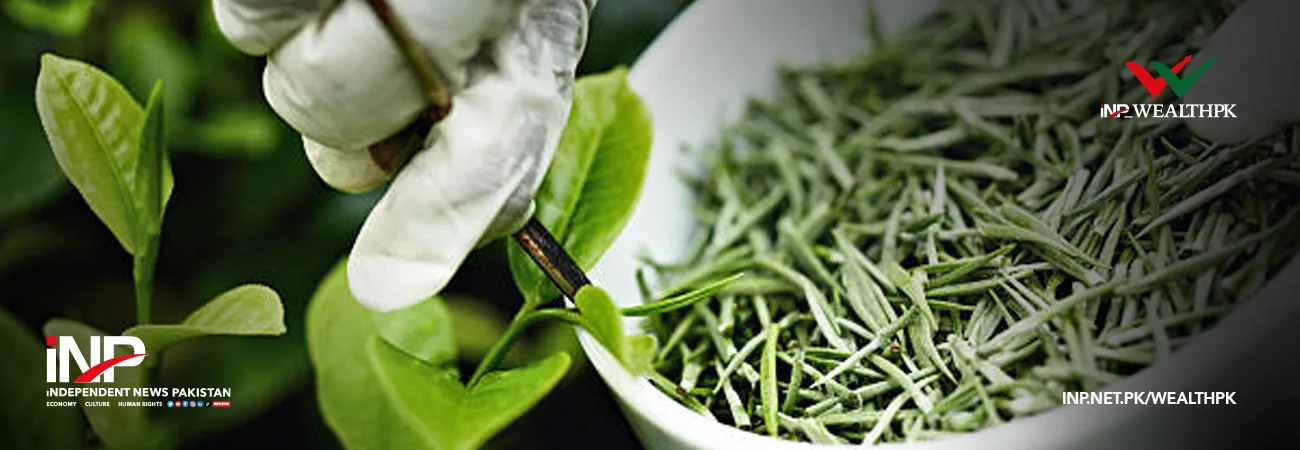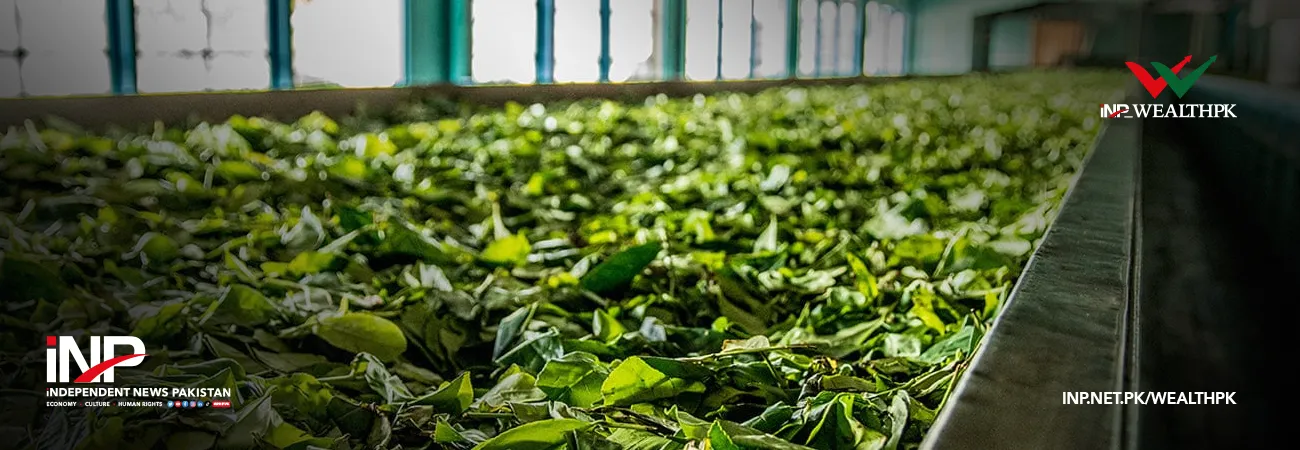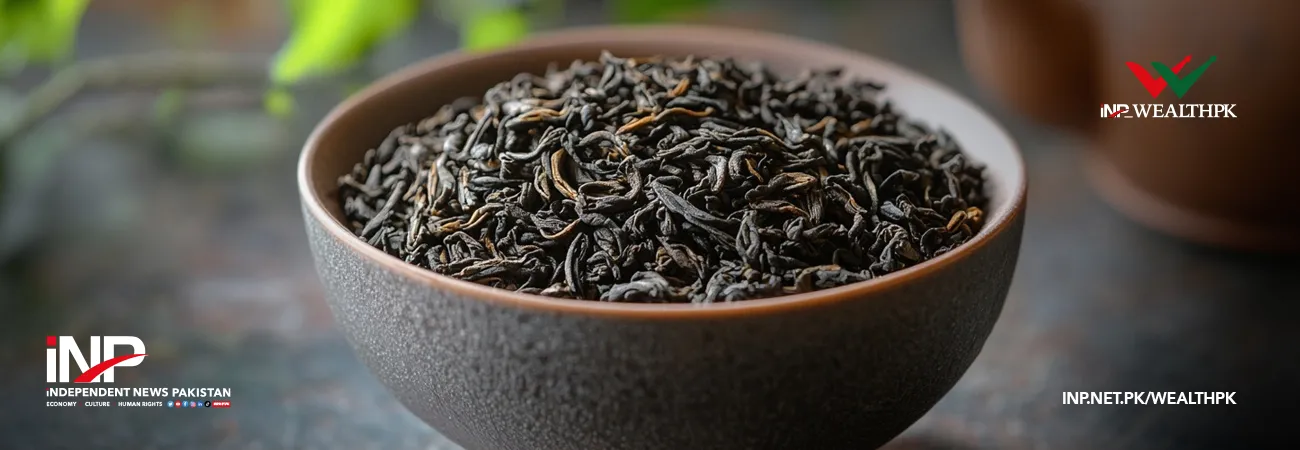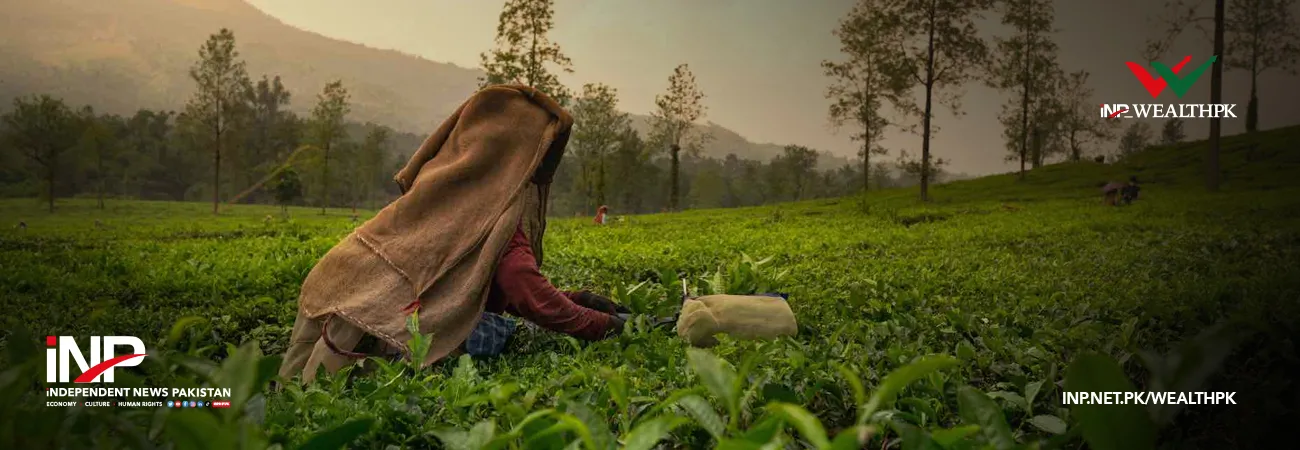INP-WealthPk
Arooj Zulfiqar
Pakistan needs to discourage stubble burning by incentivising farmers to adopt alternative methods of crop residue management. It will positively impact the overall agricultural economy by preventing environmental degradation, said an expert. Many farmers consider stubble burning as the most effective and cost-efficient way to clear land for the next planting season, but it also causes a significant increase in environmental pollution. The burning of crop residues releases harmful gases and chemicals into the air, which contributes to air pollution and climate change.
Talking to WealthPK, Dr Nur Ullah, Senior Scientific Officer at National Agriculture Research Centre (NARC), said that every year about 16 million tons of paddy straw is produced in Pakistan, of which about 60% is burnt. “Burning of crop residues in Pakistan is a common practice among farmers, particularly in Punjab and Sindh provinces, after the harvest season. This practice is carried out to clear the fields quickly and prepare them for the next sowing season. However, this practice is increasing environmental pollution, which is also negatively affecting the economy of the country,” he said.
Dr Noor said the burning of crop residues releases harmful pollutants into the air, including carbon monoxide, nitrogen oxides, sulphur dioxide, and particulate matter, which can cause serious health problems. “Additionally, the pollutants from burning crop residues can lead to acid rain, damaging crops and decreasing crop yields. This, in turn, can significantly impact the country's economy, as agriculture is one of the main sources of income and employment for many Pakistanis,” Dr Nur said.
Moreover, he said, burning crop residues also contributes to global warming, as it releases large amounts of carbon dioxide into the atmosphere. In addition, climate change can result in more severe weather events, such as floods and droughts, which can damage crops and reduce agricultural productivity.
“To mitigate the negative impact of burning crop residues on the environment and economy of the country, there are several possible solutions which we need to implement,” he said. “We need to incentivise farmers to adopt alternative methods of crop residue management, such as using it as a source of energy or as a natural fertiliser,” he added.
The scientific officer said another option is to promote the use of more efficient and environmentally-friendly farming practices, such as conservation agriculture, which can help reduce the amount of crop residue produced. “By doing so, we can help mitigate the negative impact of crop residue burning and create a more sustainable and prosperous future for Pakistan,” he emphasised.
In this regard, Pakistan Agricultural Research Council (PARC) organised a national awareness seminar in the district of Gujranwala (Punjab) to prevent the burning of paddy stubble and to educate and train farmers. Officials from the Punjab Agriculture Department, agricultural machinery manufacturers, representatives of companies that provide machinery services to farmers, and farmers participated in the seminar.
Dr Ghulam Muhammad Ali, Chairman of PARC, said in his speech that the burning of crop residues in fields is destroying the health of agricultural lands. “It burns organic matter, alters soil pH and nutrients, and damage living micro-organisms, which play an important role in increasing crop production.” Dr Ali urged manufacturers of agricultural machinery and service providers to train farmers to prevent crop residue burning so that the overall economy doesn’t suffer losses in shape of environmental degradation.
Credit: Independent News Pakistan-WealthPk






